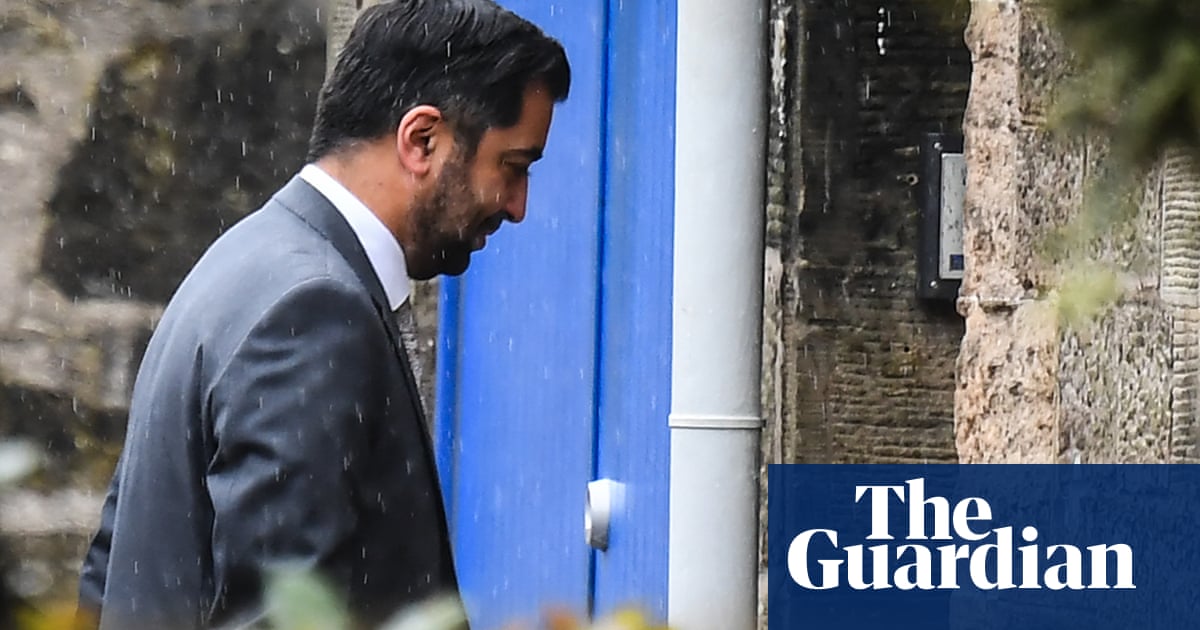âToxic culture of disbeliefâ persists at top of Post Office, MPs told | Post Office Horizon scandal


Newly published documents show that a âtoxic culture of disbeliefâ persists at the top of the Post Office when it comes to wronged post office operators, MPs have been told.
Post Office board members complained of being âtired and constantly distracted by historical issues, short-term crisis management and funding issuesâ, minutes of one of their meetings last year show.
They were among documents released by the business select committee before an appearance on Tuesday by the former Post Office chair Henry Staunton, who is engaged in a war of words with the cabinet minister Kemi Badenoch over his claims that the government wanted to stall payouts to victims of the Horizon scandal.
Liam Byrne, the chair of the committee, told parliament on Monday that the truth was that redress for post office operators was too slow and offers were too low, as he and other MPs heaped pressure on the government to remove the Post Office from the compensation scheme.
Other evidence cited by Byrne as evidence of a toxic culture at the post office board includes a note from Staunton, shared with the committee, in which the then Post Office chair claimed a view persisted in the organisation that post office operators who had not come forward to be exonerated were âguilty as chargedâ.
âIt is a view deep in the culture of the organisation [including] at board level) that post masters are not to be trusted,â the note read.
Byrne called on the Post Office minister, Kevin Hollinrake, to ensure that the Post Office was removed from every one of the compensation schemes âand a hardwired instruction to deliver with a fixed legally binding timetable is written on to the face of the billâ.
Hollinrake denied that compensation payments were being made too slowly and argued that âany scheme will not be 100% perfectâ and that figures indicated a good take-up of compensation offers.
In a statement to MPs, he said legislation to overturn Horizon-related convictions en masse was expected to be introduced as soon as next month and he had instructed his department to ensure that its first offers of compensation were full and fair.
âIt is early days, but the numbers suggest that we are achieving that. Over 70% of our initial offers are accepted by postmasters,â Hollinrake said. He said the Horizon compensation advisory board had met last Thursday and âstrongly supportedâ the governmentâs approach.
In an earlier written statement, he announced further details of the planned legislation. As well as requirements relating to people eligible for exoneration under the legislation, Hollinrake said those affected would have to sign a statement to the effect that they did not commit the crime for which they were convicted before they could receive financial redress.
If they were subsequently found to have signed the statement falsely, he said, they âmay be guilty of fraudâ.
A member of the advisory board, the Labour MP Kevan Jones, raised concern about the plight of post office operators convicted over losses involving another IT system, Capture, which preceded the Horizon system.
âThose individuals need to be included in any overturned convictions and also to get compensation. The evidence for them I am slowly getting out of the Post Office and individual cases and it comes back to the point about the role of the Post Office,â he said. âThat toxic culture is still there and until they are taken out of this process altogether and forced to regurgitate the information there, nothing will change.â
MPs criticised a letter from the Post Office to ministers last month in which it said it would stand by the prosecution of more than half of the post office operators targeted during the Horizon scandal.
Hollinrake said he was aware of the letter from the Post Office CEO: âit was his choice to write that letter. I think todayâs statement and Thursdayâs statements shows that has had no influence on us. We think itâs the right thing to do.â
The shadow business minister, Rushanara Ali, asked Hollinrake to clarify why convictions prosecuted by the Department for Work and Pensions â as opposed to the larger number pursued by the Post Office itself â were excluded from the legislation.
Hollinrake said there was a different standard of evidence, because DWP cases drew on material including surveillance of suspects and witness statements rather than the flawed Horizon system, and he noted that those convicted could still appeal in the courts.
Source link




